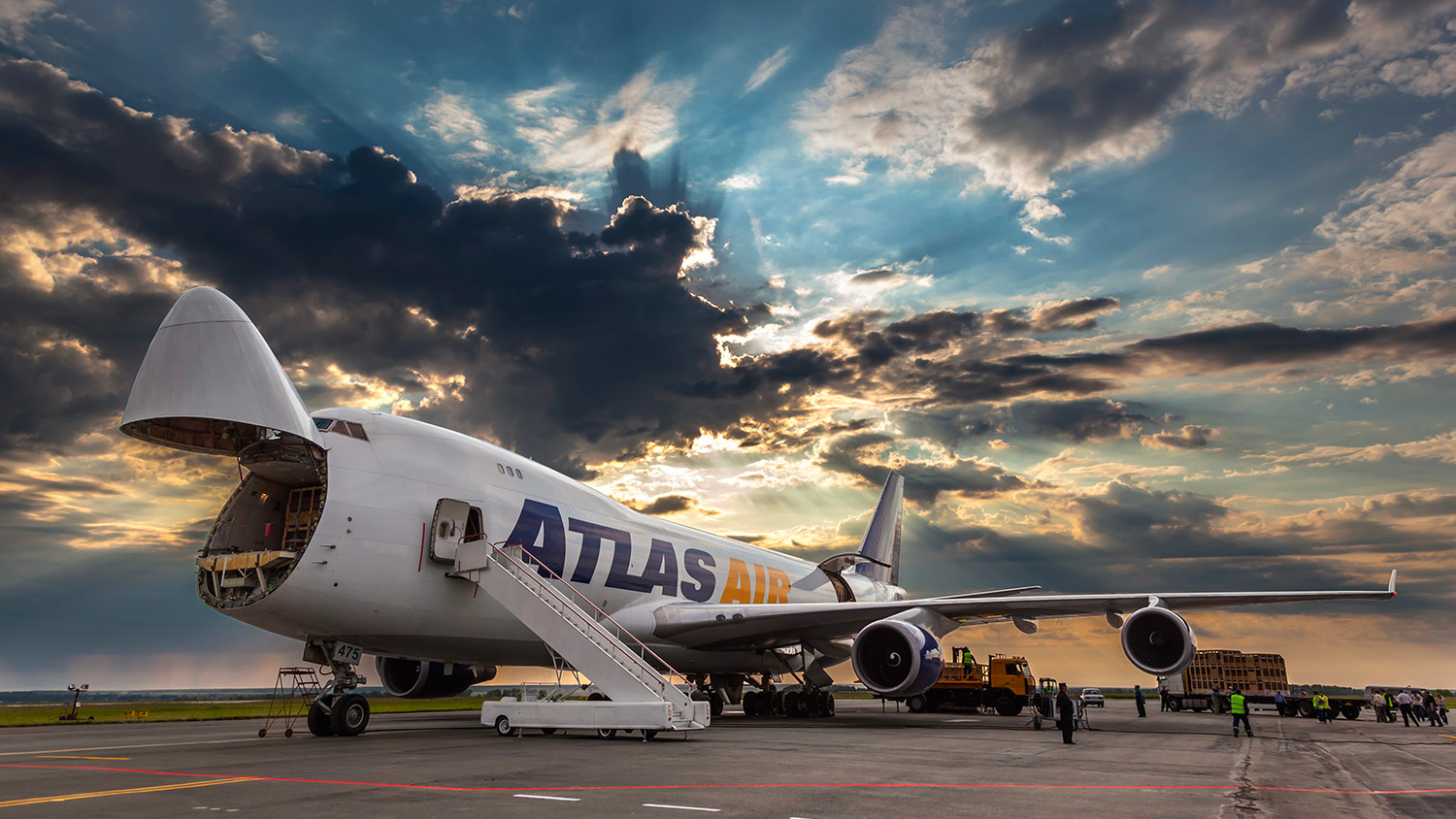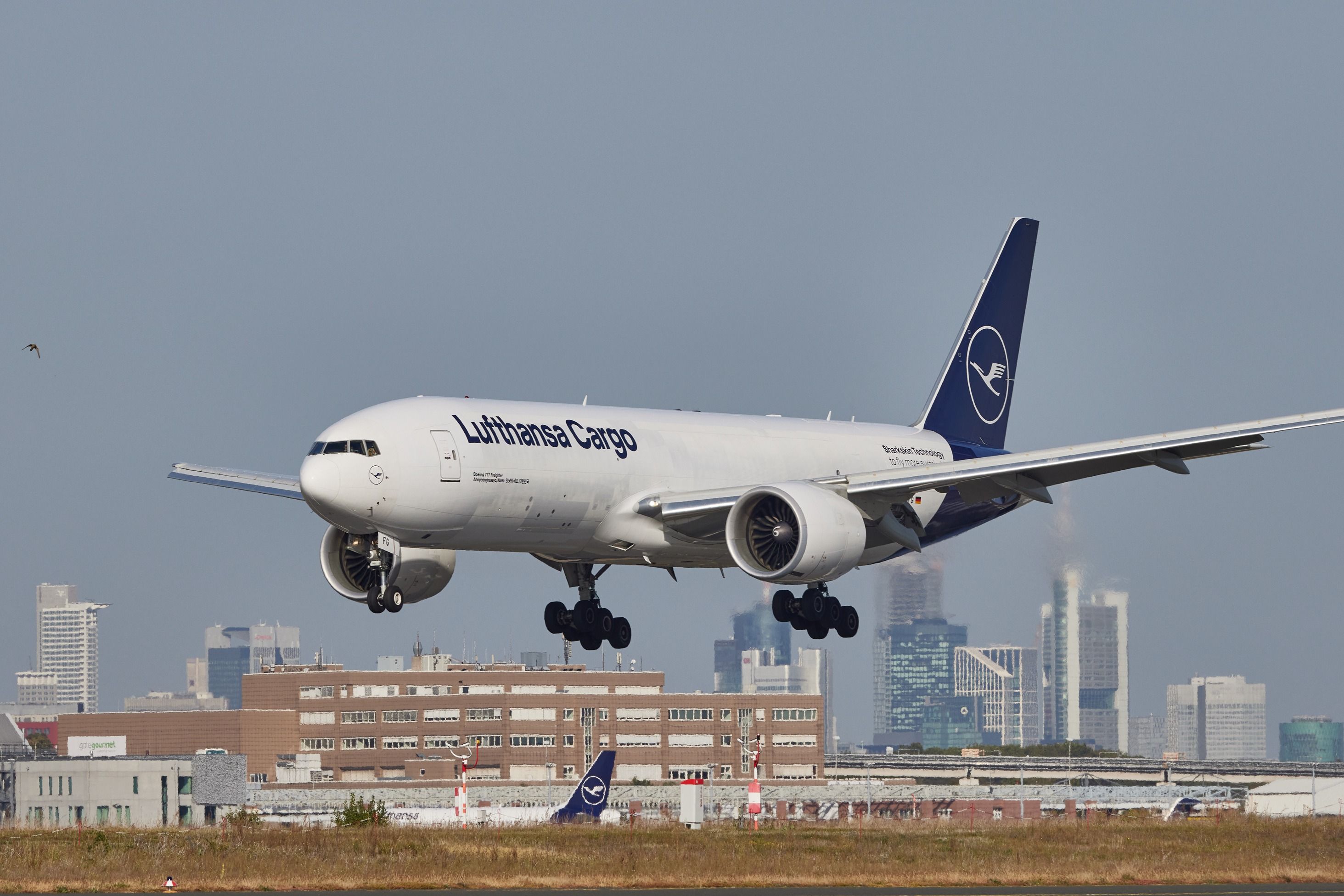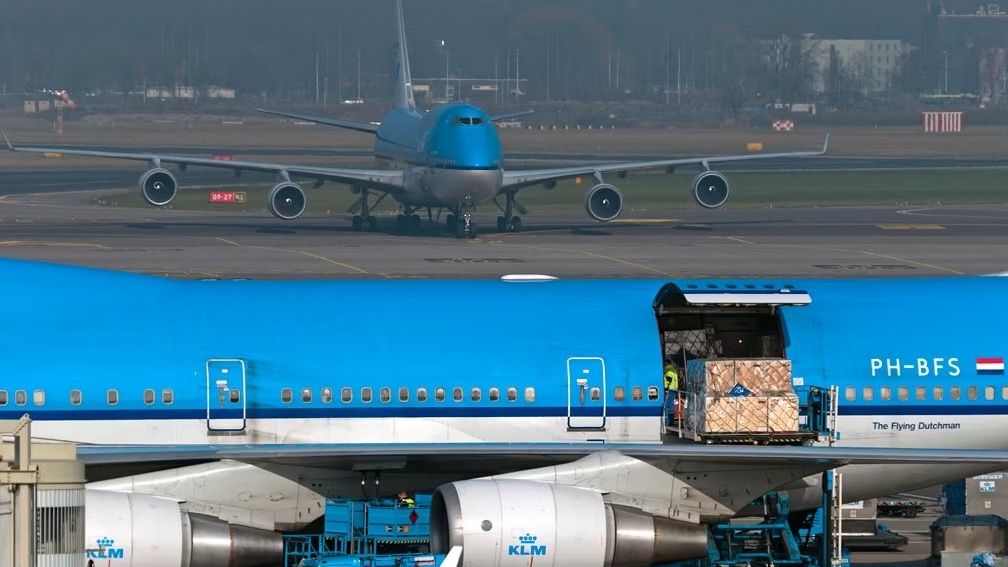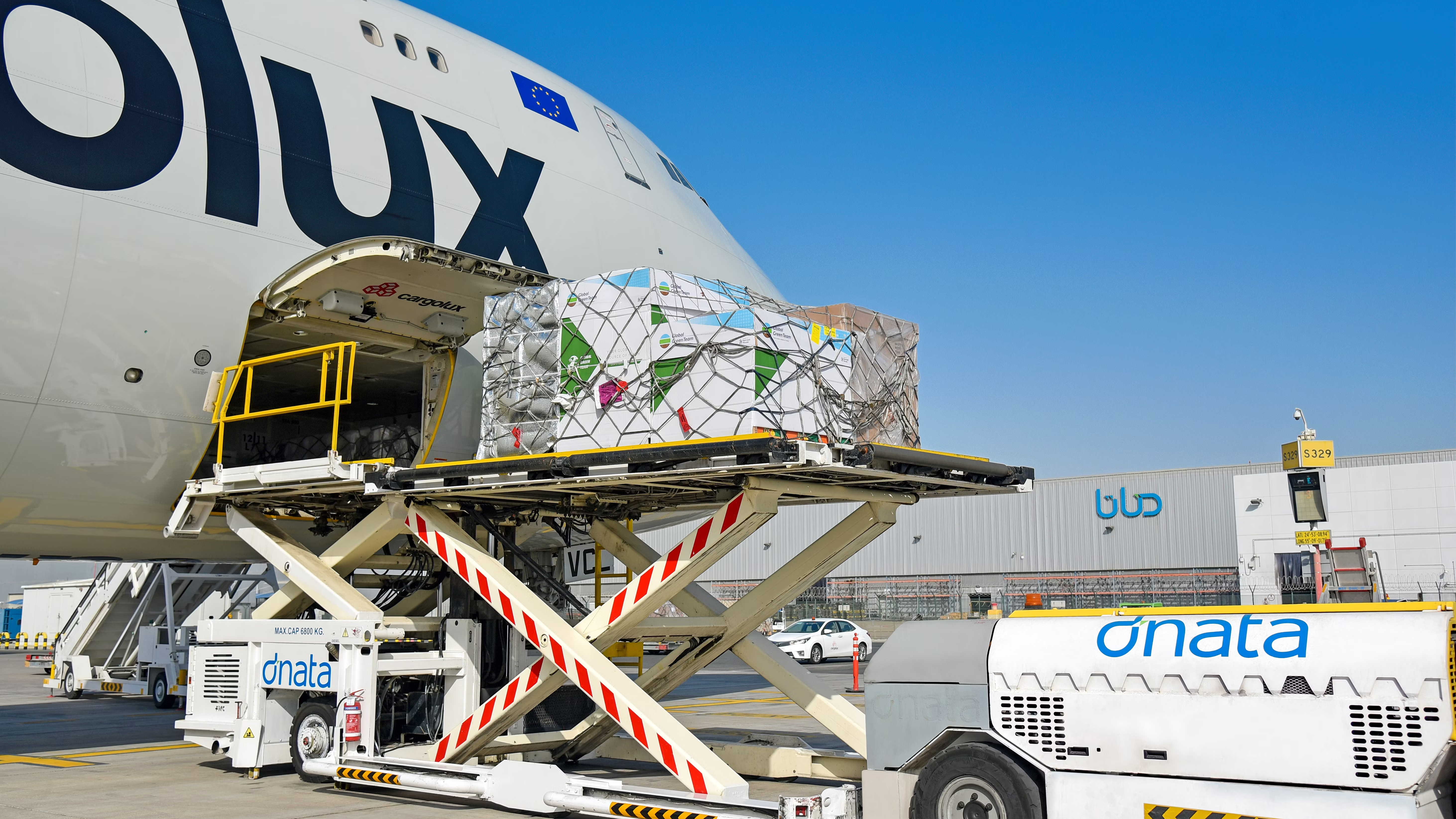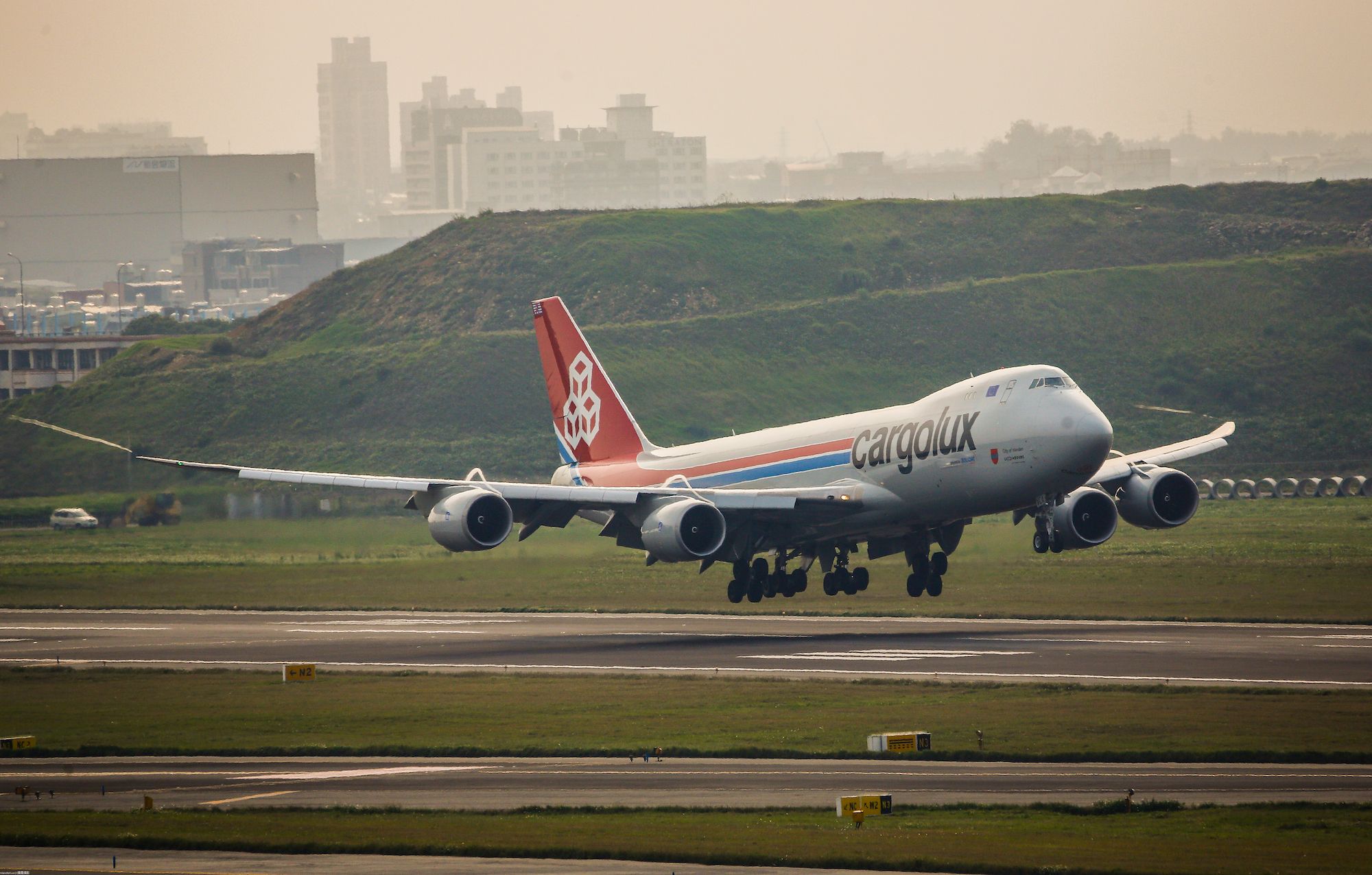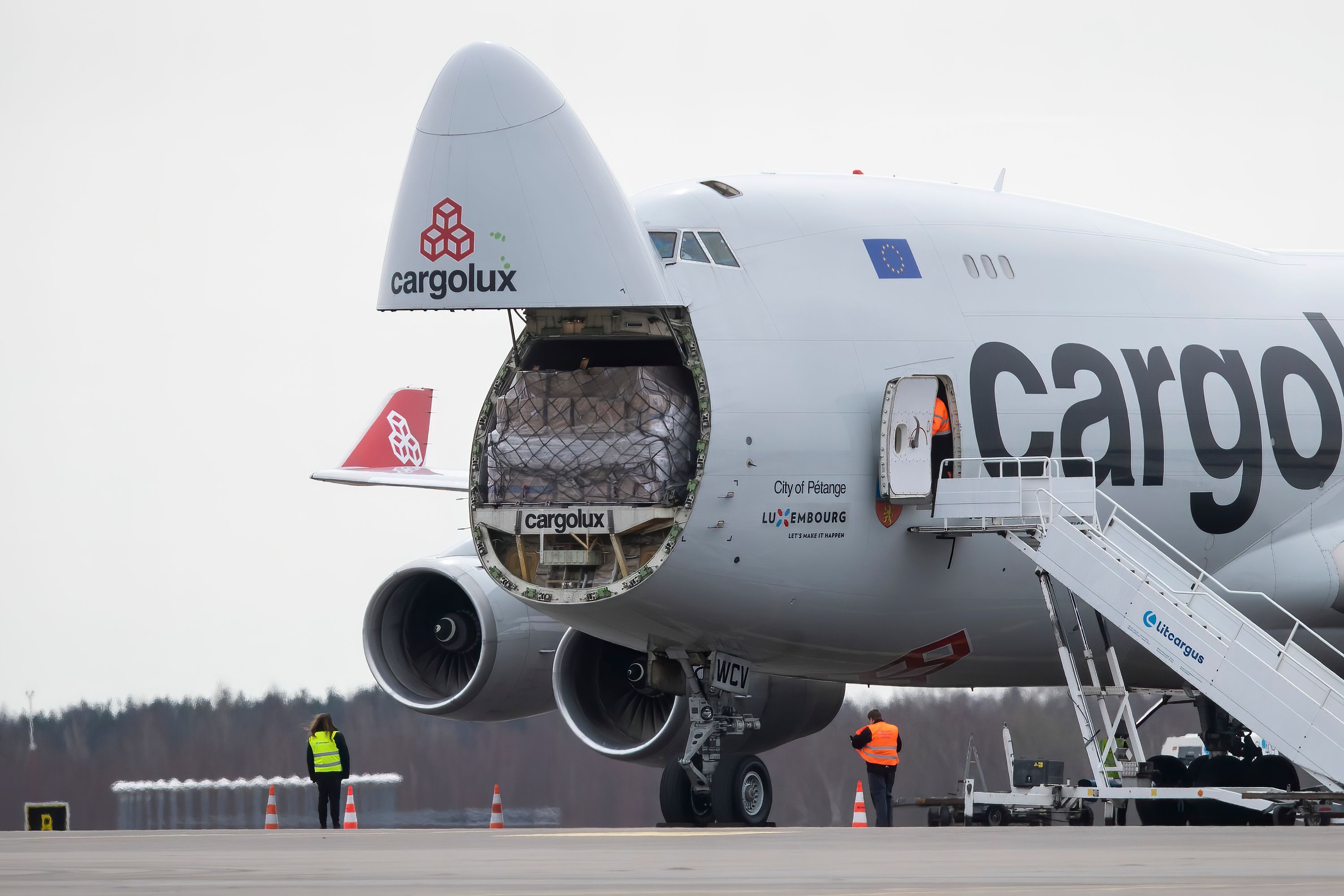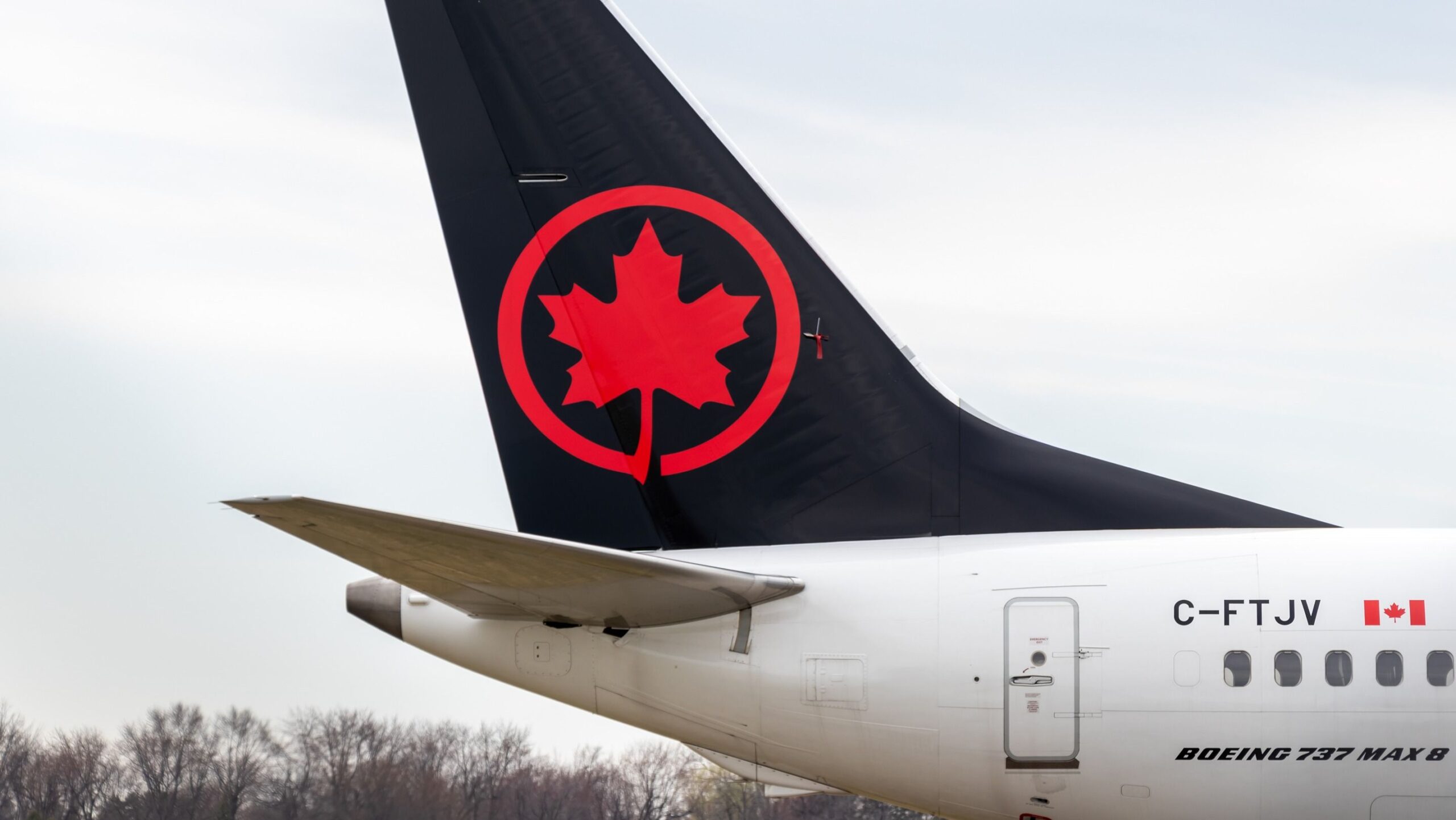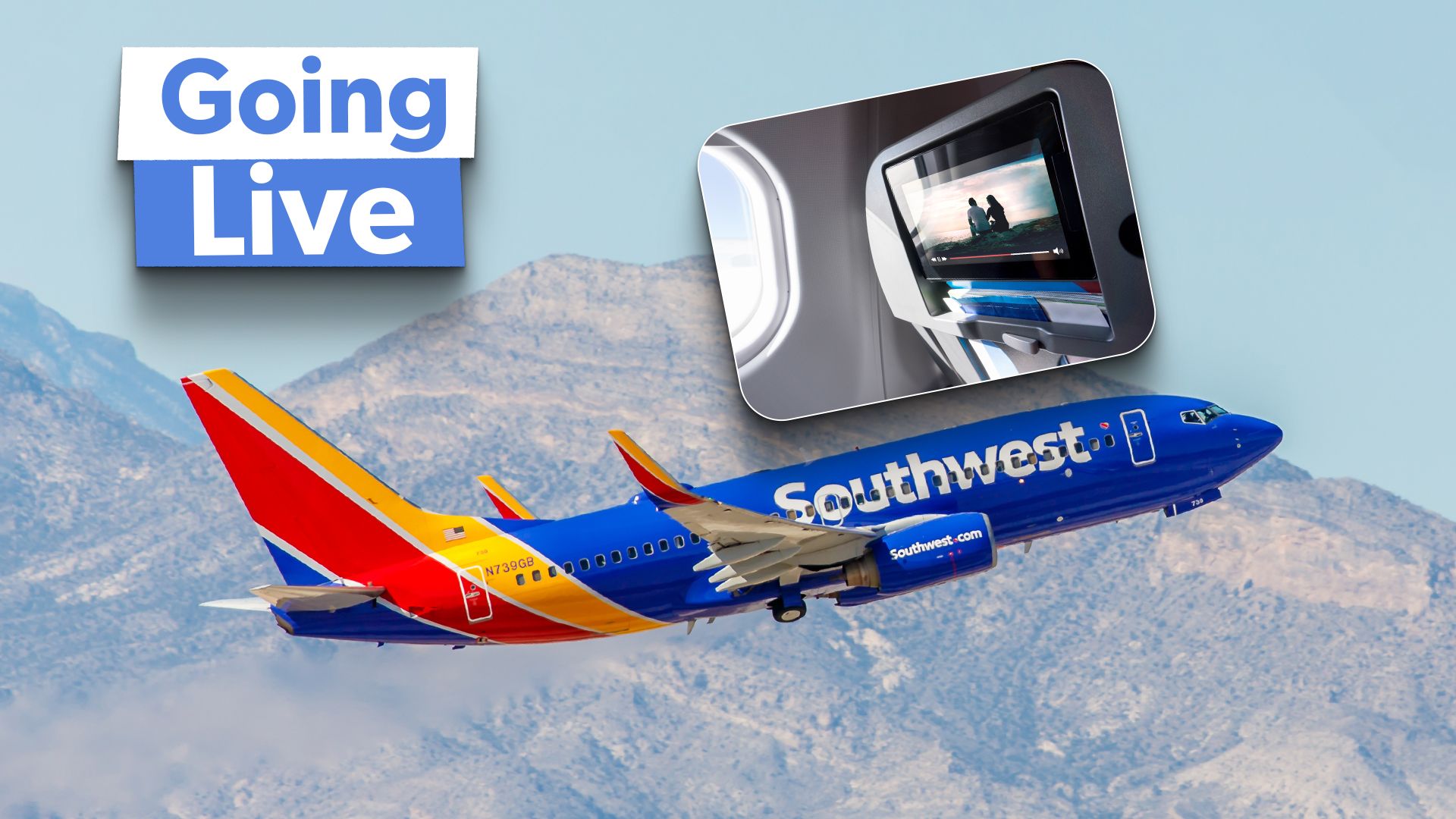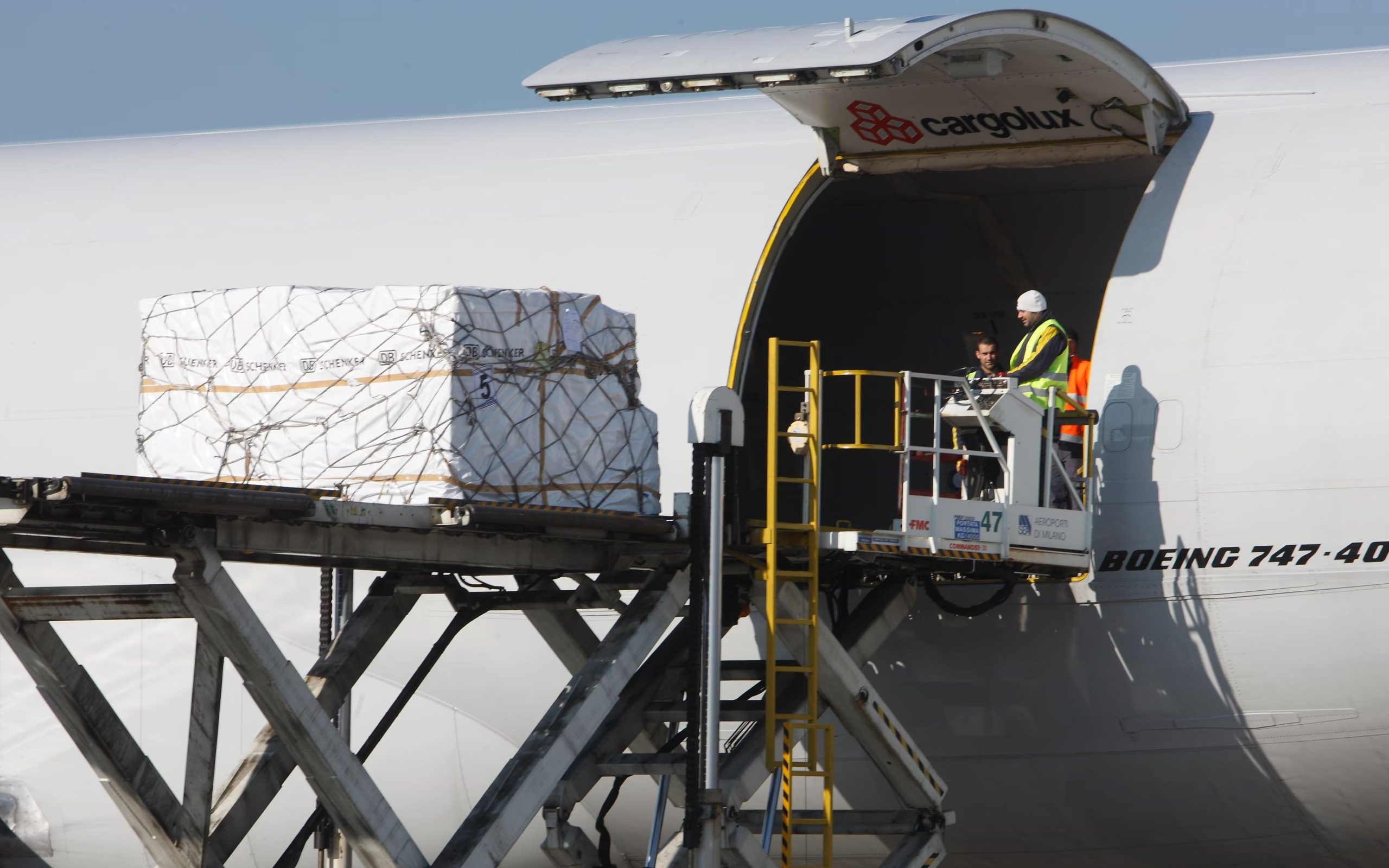Summary
- The air cargo market has experienced significant volatility due to the pandemic, with fluctuations in global trade volumes and GDP growth.
- E-commerce platforms like Amazon have disrupted the cargo market and led to a boost in express air cargo, which includes time-sensitive e-commerce purchases.
- Despite the challenges, the air cargo market is expected to grow significantly over the next 20 years, with global air cargo traffic doubling and express air cargo surpassing general cargo in terms of growth.
The air cargo market has been on a roller-coaster ride since the start of the pandemic in early 2020. With the globalization of markets and the reliance of trade and supply chains on international sources, global air cargo is essential for economies. The freighter market comprises general air cargo and express cargo.
Some examples of general air cargo are the loads of fresh produce, consumer goods, medicines, and machinery that are transported across locations using air transport services. Such cargo follows its set course, is not time-sensitive, and can be planned well in advance.
On the other hand, express cargo includes e-commerce purchases that are consumer-dependent and time-sensitive. Since the beginning of the pandemic, e-commerce has boosted express air cargo and led to a significant uptick in express freighter fleets. This article highlights various reasons for considerable volatility in the air cargo market in recent years.
1 The pre-pandemic rise of the air cargo market
E-commerce platforms, including Amazon, disrupted the cargo market between 2015 and 2019
| Global Air Cargo demand | |
| 2015 – 2017 increase | 2017-2019 increase |
| 12% | 5% |
In the years leading up to the global pandemic, the cargo market saw a significant increase in the transfer of goods in almost all parts of the world. Regional economies shifted towards e-commerce, driving immense growth for virtual marketplaces. Between 2015 and 2017, the global Cargo Ton Kilometers (CTKs) recorded an 8% increase.
Photo: Lufthansa Cargo
Large merchandise companies in North America partnered with air cargo services to deliver their goods. The virtual marketplace giant Amazon contracted with numerous cargo companies worldwide for its express cargo operations. Between 2017 and 2019, a further increase of 5% was recorded.
2 Trade growth volatility
The global trade shows severe signs of uncertainty at the start of the pandemic.
| Trade Growth | |
| 2020 | 2042 |
| -2.3% | 95% |
The uncertainty around the peak of the pandemic gave rise to volatility in global trade volumes. Border restrictions affected by health concerns drove short-term instability in global trade. With the heavy reliance of the global trade market on air transport, the future of international trade also looked bleak at the time.
The effects were seen in the freighter downturn as well as the global trade volumes. The existing 3.0% annual trade growth saw a major downturn (to approximately -2.3%) in 2020. It is noteworthy that the future trade growth remains positive, with nearly 95% growth expected in the next 20 years.
3 Fluctuating regional GDP
The pandemic-related disruption saw fluctuating GDPs across many regions
| GDP Growth | |
| 2020 | 2042 |
| -1.7% | 70% |
While the GDP in many global regions told a similar story, it wasn’t as affected by the pandemic downturn as the overall trade. With travel and cargo disruptions, most regions primarily relied on sourcing local products. The variability in regional GDP affected global trade volumes.
Photo: dnata
The existing 2.6% GDP growth saw a considerable downturn (to approximately -1.7%) in 2020. Similar to global trade, the future GDP growth remains positive, with nearly 70% growth expected in the next 20 years.
4 Air cargo gained significant momentum
The global air cargo traffic to double by 2042
| Global Air Cargo | |
| 2019 | 2042 |
| 250 billion Freight Tonne Kilometers | 520 billion Freight Tonne Kilometers |
Following the brief downturn during the peak of the pandemic, global air cargo gained significant momentum. According to the 2023 Airbus Global Market Forecast, the global Freight Tonne Kilometer (FTK) in 2019 was approximately 250 billion. Of these, 17% (42 billion FTK) was served by global express cargo. The remaining 83% (208 billion FTK) was general cargo traffic.
Photo: ChenHao_Kuo | Shutterstock
The air cargo demand will more than double to 520 billion FTK in the next 20 years. Boeing stated in its 2023 Commercial Market Outlook (CMO),
Robust demand for dedicated cargo freighters will continue, despite the cyclicality of this sector, due to growing e-commerce and evolving supply chain networks.
5 Express air cargo growth
Express air cargo will surpass the general cargo growth in the coming years.
| Express Air Cargo demand | |
| 2019 | 2042 |
| 42 billion Freight Tonne Kilometers | 130 billion Freight Tonne Kilometers |
Pandemic-related lockdowns gave rise to air cargo demand, particularly in the express air cargo category. According to the International Air Transportation Association (IATA),
“General cargo are items that do not fall into the Special Cargo categories and that do not require any extra precautions or special handling during air transport. These types of items are retail and most consumer goods (with the exception of mobile phones, tablets and laptops), dry goods, hardware, textiles, and more.”
Photo: Karolis Kavolelis | Shutterstock
Compared to the 2019 numbers, express air cargo will contribute nearly 25% (nearly 42 billion FTK) of the total air cargo demand in 2042. That is a massive increase over the existing express cargo offerings. The express cargo will increase by over 300% in the next 20 years.
What are your thoughts on the volatility in the air cargo market? While the world benefits from general cargo, have you benefited from the express air cargo in recent years? Share your opinion in the comments section.

